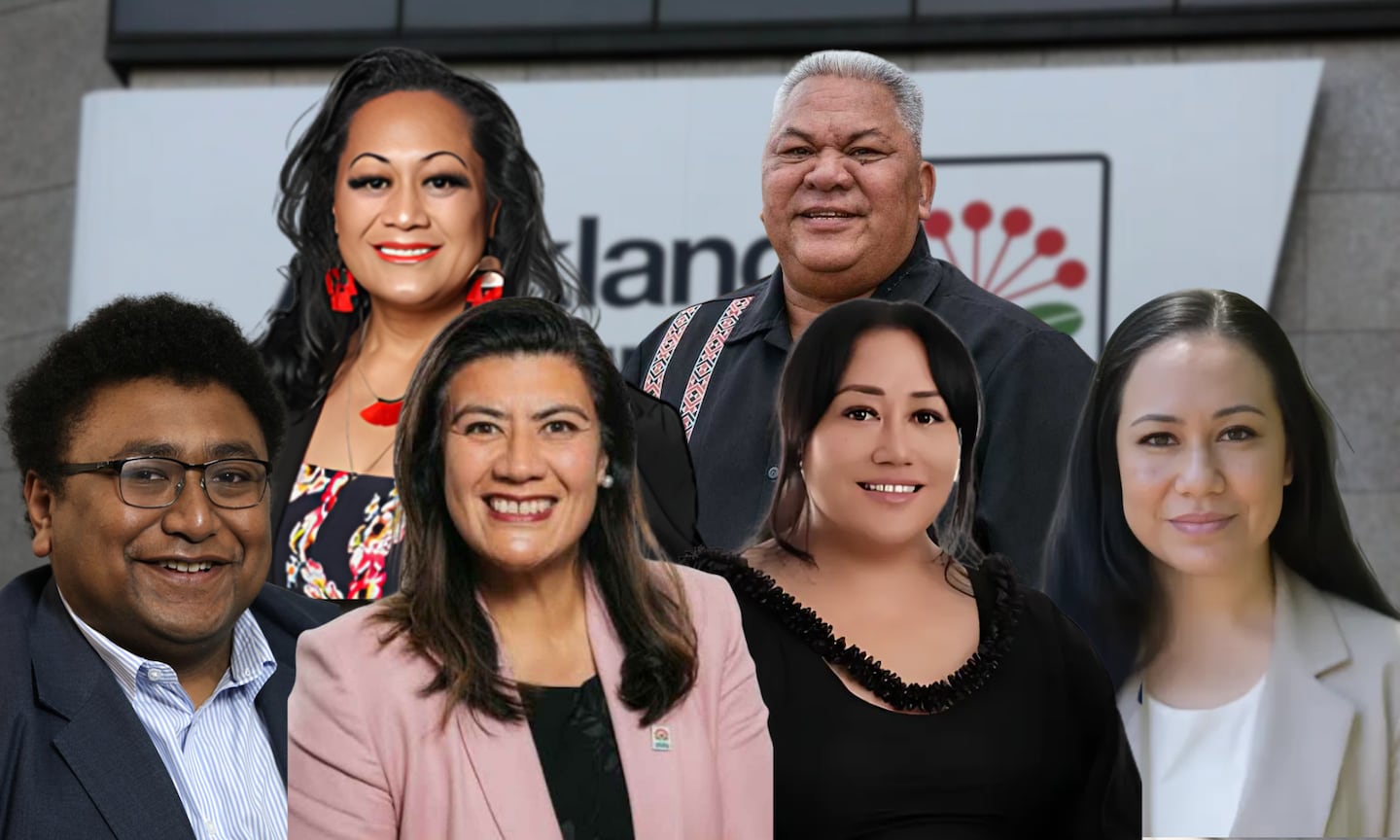In a pivotal debate hosted by Pacific Media Network’s 531pi radio station, six Pasifika candidates vying for Auckland Council went head-to-head over critical issues like housing, climate resilience, and the future of South Auckland.
The debate, moderated by broadcaster William Terite from Pacific Mornings, provided an opportunity for voters to hear directly from those seeking to represent them.
Auckland is home to the largest Pacific population in Aotearoa New Zealand, and this was one of the few forums where Pasifika candidates vying for council positions could engage with one another.
Of the 11 Pacific candidates contesting councillor positions in this year’s elections, six took to the microphones to share their visions and address critical issues.
Battle-hardened vs fresh voices
Incumbent councillors Lotu Fuli, Alf Filipaina, and Josephine Bartley highlighted their track records, pointing to millions of dollars secured for parks, housing programmes, and flood resilience projects.
“Manukau stands as a shining example of diversity, but we remain underserved,” Fuli says. “Wayne Brown’s solution is to sell our playgrounds and sports fields. We need strong advocates who will not back down, not be bullied, and not be bought”.
Filipaina stressed that proven initiatives, such as Penina Trust, Habitat for Humanity, and the Pacific Housing Strategy 2030, are already delivering results. “The key is working with what’s proven to work,” he says.
Bartley drew on her own experience with Tamaki Regeneration’s home ownership programme. “The aspiration is for our families to own their own homes, not just to rent. I was able to buy a home at 52 through Tamaki Regeneration. We need more programmes like that. What’s disgusting is empty homes sitting boarded up while families sleep rough”.
Calls for change
Challenger candidates argued for the need for fresh perspectives. Vicky Hau, running under the Fix It Auckland ticket says Pacific design must shape urban intensification.
“If we keep playing the same card, we’ll get the same results. We need Pacific design in high-density housing, wider hallways, open fale-style living. I’ve been on the ground in flood response. Imagine what I could do as an elected member”.

Henrietta Devoe, representing the ACT Party, called for councils to support communal living. “Overcrowding is cultural, but council should reward communal living. Cut red tape so Pacific families can build on their land, add granny flats, and thrive together”.
Fa Michael Fia, the youngest candidate on the ballot running as an independent, stressed the need for accountability. “Many of my friends are leaving for Australia. Council needs accountability, transparency, and common sense so Pacific families can see a future here. Rich or poor, at the ballot box you’re the same, but only if you vote”.
Flood resilience and climate
When the discussion turned to climate issues, incumbents highlighted the $58 million blue-green infrastructure programme underway in Māngere.
Fuli says the council’s civil defence response was community-driven: “Our people came in their flood-soaked clothes. They needed help, and we were there for them.”
Hau, who is the Māngere town centre manager and contributed to the flood response as a community stakeholder, supported the projects but says education and grassroots emergency planning are equally important.
Bartley insisted on the need for long-term solutions, saying, “Areas with heavy intensification flood badly because they’ve lost green space. We need more blue-green projects and better communication on why climate policies matter.”
Fia added that council must hold water agencies accountable and reconsider building in flood-prone areas.
Voter turnout: The bottom line
Despite differences in policy, all six candidates agreed on one key message: the Pacific community must vote.
Fuli warned that voter turnout is at 12-14 per cent and urged people to “ramp up”, their participation, while Filipaina bluntly says, “Honestly, you’ve just got to get out and vote.”
Fia emphasised the importance of voting as an equal opportunity, saying, “Rich and poor, at the ballot box you’re the same, but only if you vote.”
In their closing remarks, Bartley emphasised her track record of standing firm and called for increased voter turnout.
Hau stressed the importance of influence and collaboration over conflict, citing her success in engaging the mayor in community spaces, a first for a mayor attending a debate in Māngere.
Devoe echoed the call to vote while promising to reduce wasteful spending, lower rates, and restore weekly rubbish collections under ACT.
Voting closes on 11 October at midday, and postal ballots must be returned by 7 October to be counted in time.




